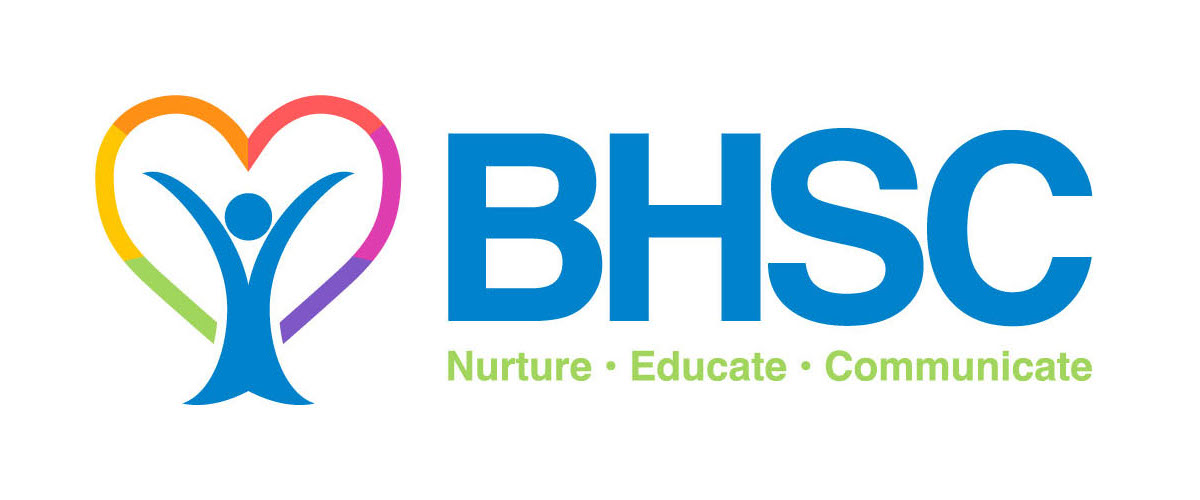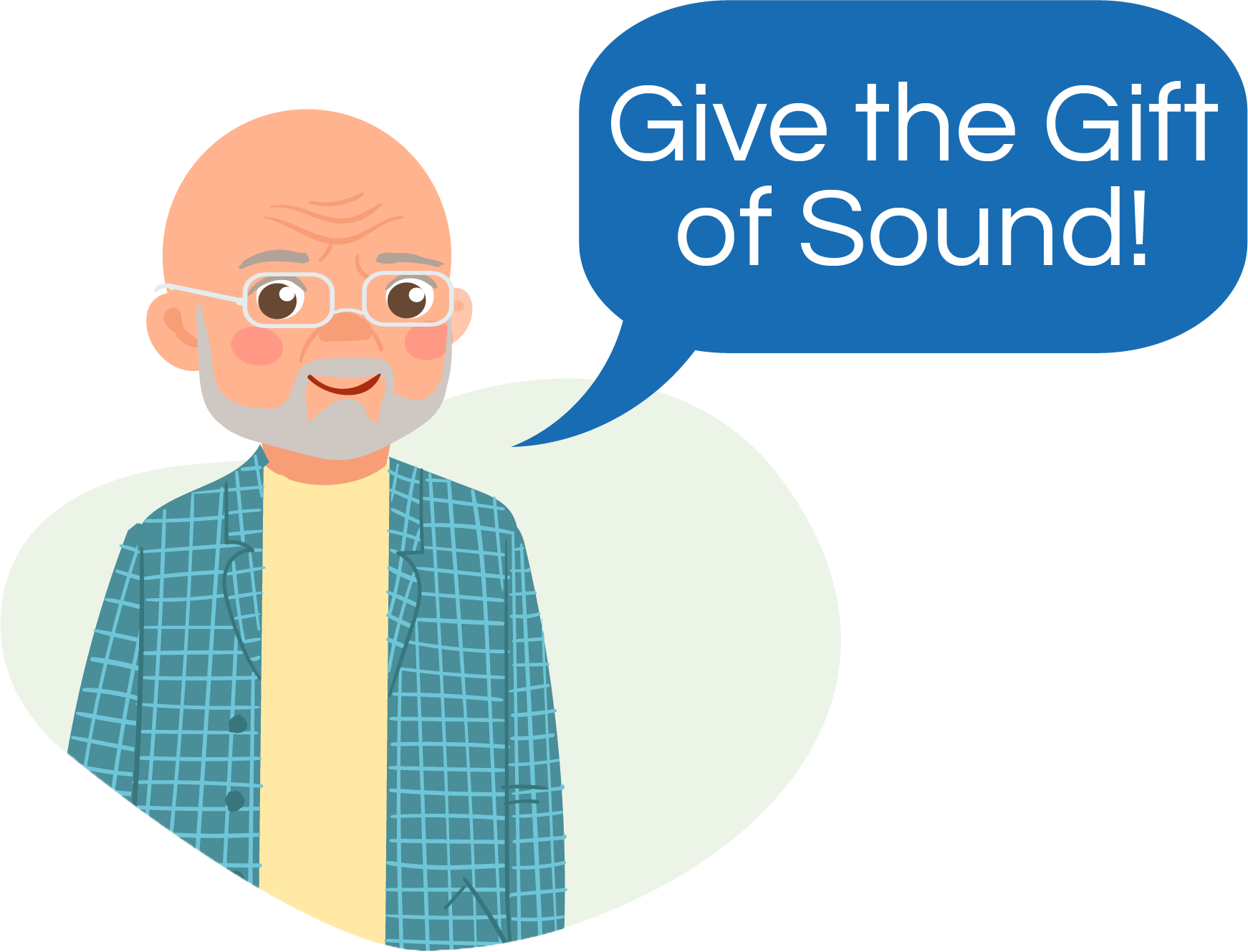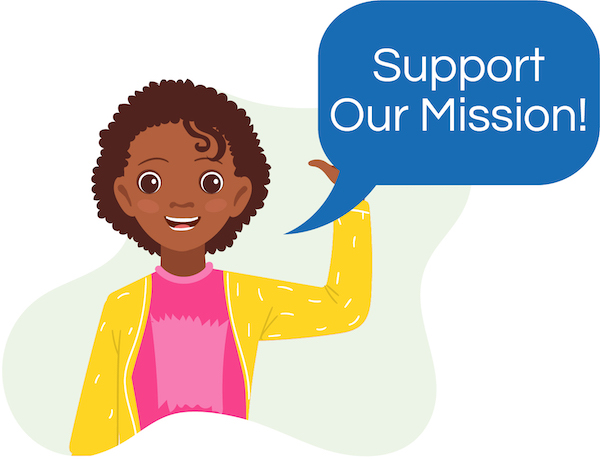This weekend a friend and colleague sent me a link to an article that John Rosemond had written about spanking in which he mostly trashed research suggesting that spanking was not good for children. I usually find myself in disagreement with many of the positions John Rosemond takes and this one was no different, so I thought I would take equal time and share some of my thoughts about the topic of spanking.
Over the years I have had many discussions with parents and others who believe that- if we spanked our children more (like in the good old days before child protective laws) the world would be a better place and children as a whole would be in better behavioral shape. When analyzing the impact of spanking on children we have a tendency to look back at our own upbringing and say something like “I was spanked and I turned out pretty good”, which may be true…but I find that a weak justification for the promotion of spanking children today in the face of what research has found to be the consequences of spanking as a behavioral change response. In my opinion the thought that it is OK to spank because I was spanked is just a romanticized notion of days gone by where our perception is that spanking controlled children better, made them more respectful and compliant and was a useful, successful parenting tool.
Nestor Lopez-Duran Ph.D. cites that “although proponents of “spanking” argue that if you don’t spank, the child will not learn to behave properly, the research actually suggests the opposite. Children, who are spanked, when compared to their non-spanked peers, are, among many others: more likely to use aggression against their peers; less likely to internalize rules; more likely to engage in conduct disordered activity during adolescence; more likely to engage in domestic abuse as adults and more likely to suffer from depression”. The American Academy of Pediatrics unequivocally recommends against the use of aggression as a discipline method. Why? Because the research on physical punishment is clear: it is unnecessary and is associated with a long list of negative consequences.
Slice and dice it however you may, but research studies have not found any positive reasons to spank a child- they universally all cite longer term negative outcomes with the use of spanking or corporal punishment.
Yet corporal punishment with children still has a hold on parenting culture in the 21st Century. Spanking has long standing, deep cultural and religious roots that have been part of the American parenting scene since the Pilgrims landed on our shores so many centuries ago. It has become imbedded in our parenting styles and in fact in late 2016 the Department of Education noted that Twenty-two states still allow corporal punishment in school: 15 expressly permit it while another seven do not prohibit it. Interestingly by law and regulation, corporal punishment is a permissible parenting option and a viable school option as noted above in many states. The United States is one of the few countries around the world that still “sanctions” the use of corporal punishment by parents and teachers in some schools around our nation.
So, if “no” to spanking…what do we do? From my point of view the short version answer to this longer discussion point is basically to think about two considerations:
1. Children do need adults around them that provide developmentally appropriate limit setting– providing those limits is part of the parental job. Further, it is developmentally perfectly normal for there to be times where a child’s lack of impulse control or inadequate situational understanding of a circumstance in their world, may have them exhibit behavior that is way beyond anything that is near acceptable to the parent, or it may even be behavior that is dangerous to them. In these cases young children need to encounter the “unmovable” adult object in their lives. By that I mean there will be times and situations as your child is growing up that will require the parent to provide limit setting that is direct, explicit non-negotiable and will strongly be followed up with appropriate consequences if necessary.
Please don’t confuse my position against spanking with being permissive. You can be strict without the use of violence. You can provide structure, rules, limits and consequences, without being expressly violent towards your child either verbally, emotionally or physically.
2. In my mind this next point may be even more important to the overall healthy development of a child than even limit setting- and that is the parent-child relationship. Limit setting and discipline to large extent take place within the context of the parent child relationship- a relationship that begins even before the child is born. Simply stated, children are more likely to accept discipline and limits from adults who they love and respect. This is especially true as the child ages into puberty and adolescence. I often remark to parents that if you want to think about your relationship with your child as an adolescent- pay particular attention to your relationship with them in the first 7 years of their life. Early childhood requires a parent-child relationship that is aimed at creating a trusting bond, a feeling of safety and a real perception that parents are warm, protective nurturers instead of being cold, hostile or rejecting adults.
I have always believed and have taught that Childhood is a time where we are making deposits into our child’s “emotional bank account” which is necessary in helping them learn about and control their emotions while handling the ups and downs of life. The things we as parents do with our children in the first 7 years of life are in large part setting the stage for how our children will relate with us in adolescence and how they will act in early adulthood when they are “launched” from our homes and are out of our spheres of control. It’s during these early years of life that you can add regular “deposits” in your child’s emotional bank account so he/she will feel secure in “making withdrawals” along the way as they prepare and go about their living a secure, responsible adult life. That early trust that you develop with your children will make them more likely to seek you out not just as their parent but as their “life coach” seeking advice when they are in adolescence yet still may not know what to do in certain situations or when facing serious adult decisions that they may not be completely ready to make on their own [remember the “emotional bank account].
My bottom line recommendation to parents is- resist the urge to spank their children in all circumstances. Violence against children does not teach responsibility, it does not bring the parent-child relationship closer and it does not correlate in any way to intrinsic change or internal regulation on the part of the child. Most of the time it is an expedient control point for the parent with little or no long lasting positive learning for the child. It is also important to note that any aggression toward a child from a trusted adult is diminishing that “emotional bank account” which is so important to the child’s healthy development and ultimately to how successful [or not] they become in negotiating life on their own as they grow older.
Admittedly, this discussion and the practice of spanking a child today remains a sticky cultural/religious subject and one that we should be discussing and educating ourselves about. Children will normally act-out at times, and will sometimes intentionally test their parents resolve by pushing mom and dads “emotional hot buttons” thereby creating a parent-child power struggle. What parents do in response to those power struggles will ultimately provide the lesson to be learned [or not] by the child.
Parents enjoy an “OZ” like bigger than life persona with their children because they are physically larger, have more understanding of life situations, have more knowledge and have the inherent power in the relationship. Given this, your words are going to be more meaningful teachers to your children than spankings ever will be. If you work on the relationship, set meaningful age appropriate limits and have reasonable disciplinary consequences, your children will be more apt over time to want to behave so as to not disappoint you rather than to avoid a spanking.
As a parent I know that in our parenting role it is hard to maintain emotional control 24/7 and in a variety of situations both public and at home. But, I know that we parents can learn ways to control our own emotions, to think differently about this topic and to set and reinforce limits for our children in more productive, healthy, nurturing ways than resorting to spanking.
Parenting is tough duty- but it is the most important and rewarding job you will ever have the opportunity to do in your lifetime. Raising your children to be emotionally healthy and responsible adults will be among your greatest contributions to the future triumph of our nation and world.
Be well, joe cozzo




